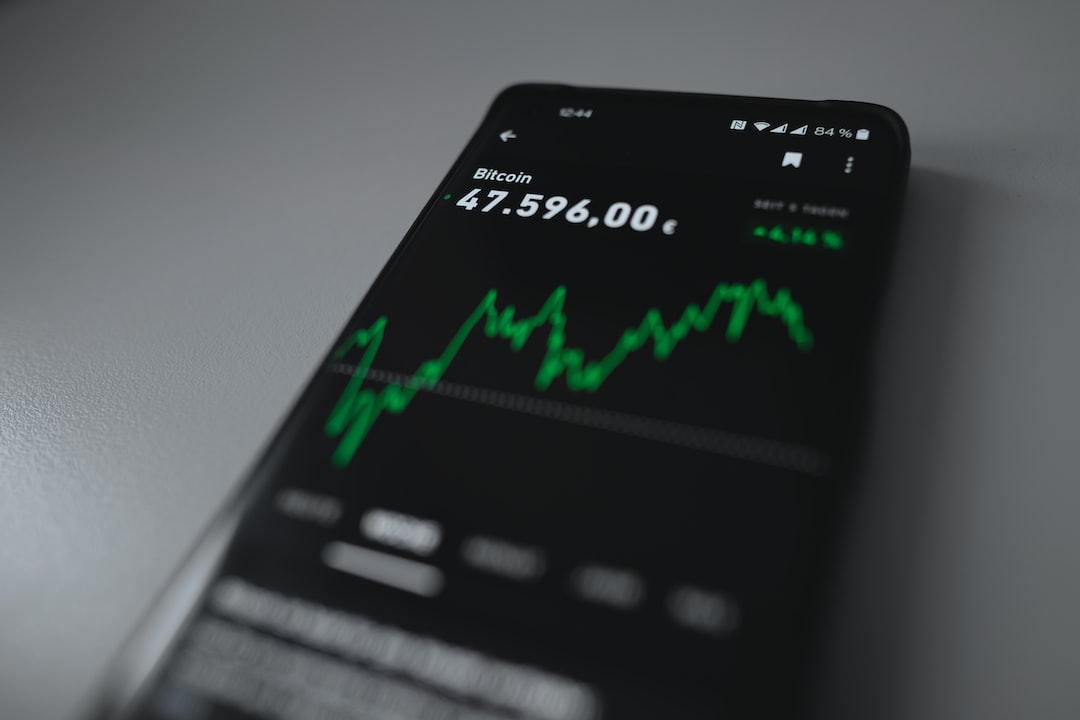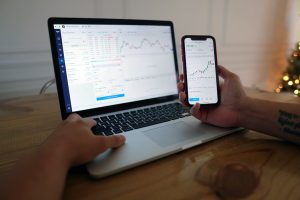The foreign exchange market, commonly referred to as the forex market, is one of the most liquid financial markets in the world. It is a decentralized market where currencies are traded, and it operates 24 hours a day, five days a week.
Liquidity refers to the ease with which an asset can be bought or sold without affecting its price. In other words, a liquid market is one where there is a large number of buyers and sellers willing to trade at any given time, and where the bid-ask spread (the difference between the highest price a buyer is willing to pay and the lowest price a seller is willing to accept) is narrow.
In the forex market, liquidity is determined by the volume of trading activity and the number of market participants. The higher the trading volume and the more participants there are in the market, the more liquid it is.
One of the main reasons why the forex market is so liquid is because it is the largest financial market in the world. According to the Bank for International Settlements, the daily turnover of the forex market is over $6.6 trillion, which is more than the daily turnover of all the world’s stock markets combined.
This high trading volume is due to the fact that currencies are constantly being bought and sold for various reasons, such as international trade, tourism, and investment. Furthermore, the forex market is accessible to anyone with an internet connection, which means that there are millions of traders and investors from all around the world participating in the market at any given time.
The forex market is also highly decentralized, which means that there is no central exchange or clearinghouse where all trades are executed. Instead, trades are conducted through a global network of banks, brokers, and other financial institutions. This decentralization ensures that there is always a high level of liquidity in the market, even during times of market volatility.
Another factor that contributes to the liquidity of the forex market is the use of leverage. Leverage allows traders to control large positions with a relatively small amount of capital. This means that even small fluctuations in currency prices can result in significant profits or losses, which encourages traders to enter and exit positions quickly. The ability to easily enter and exit positions ensures that there is a constant flow of trading activity in the market, which helps to maintain liquidity.
In addition, the forex market is constantly evolving and adapting to changing market conditions. For example, the emergence of electronic trading platforms has made it easier and faster for traders to execute trades, which has increased the efficiency and liquidity of the market. Similarly, the use of algorithmic trading strategies has made it possible for traders to enter and exit positions automatically, which has further increased the speed and efficiency of trading.
Despite its high level of liquidity, the forex market is not immune to market volatility and liquidity shocks. For example, major economic events such as central bank announcements or geopolitical developments can cause sudden changes in currency prices and trading volumes. Similarly, unexpected market events such as the COVID-19 pandemic can lead to periods of heightened market volatility and reduced liquidity.
In conclusion, the forex market is one of the most liquid financial markets in the world, with high trading volumes and a large number of market participants. Its decentralization, accessibility, and use of leverage contribute to its liquidity, while the constant evolution of the market ensures that it remains efficient and adaptable to changing market conditions. However, traders should be aware of the risks associated with market volatility and liquidity shocks, and should take appropriate measures to manage their exposure to these risks.






